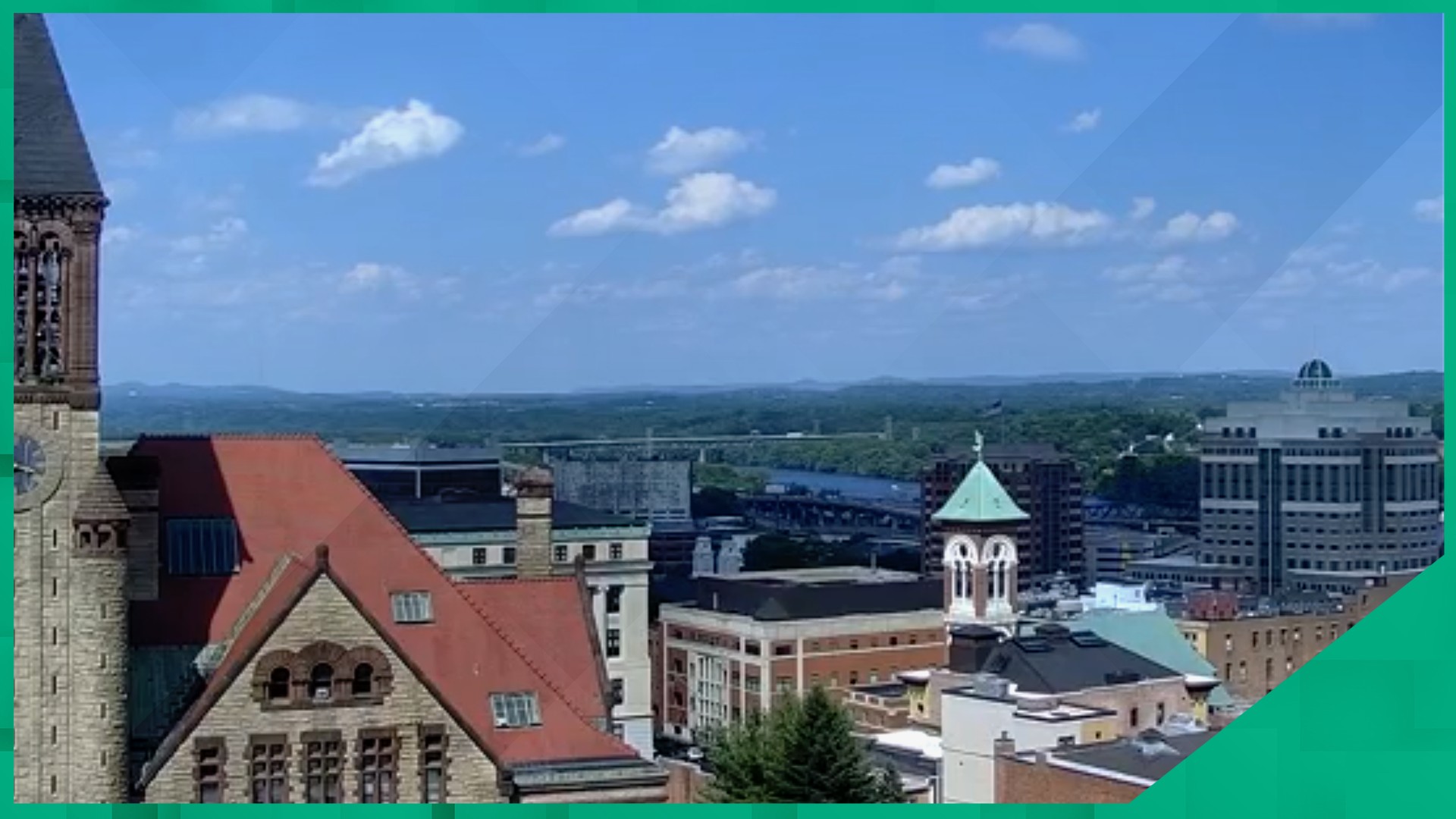Report: Black homeownership in Albany a fraction of white homeownership

ALBANY, N.Y- Black households are nearly three and a half times less likely to own a home in Albany. The second-largest gap between white and Black homeowners in the U.S., according to a report released by Attorney General (AG) Letitia James office.
The report looks at a variety of factors that go into homeownership like credit score, borrowing capability and probability of being denied a loan. It also looks at interest rates for initial home loans, refinancing, and how historical discrimination has played a part in preventing Black, Latino, and Asian households from homeownership.
White loan applicants were less likely to get rejected for a home loan, even when credit scores were taken into consideration. For example, the rate of white loan applicants with a credit score between 780-799 who’s application was rejected was 5%.
The percentage of Black loan applicants with the same credit score who’s application was rejected was more than twice that of whites at 11%. Latino applicants had a 10% denial rate and Asian applicants had a 7% denial rate.
“Unfortunately, unequal access to affordable credit is still pervasive across our state, reinforcing the legacy of segregation, leading to a disparity in homeownership, and fueling the racial wealth gap,” James said. “This report makes it clear that our state must do more to provide better resources for homebuyers and strengthen housing laws to help empower more New Yorkers.”
Today, Albany has the second-largest gap between white and Black homeowners nationwide (68.9% homeownership among white households, compared to 20.1% home ownership among Black households, second only to Minneapolis at 74.8% among white to 24.8% among Black).
AG’s report on Racial Disparities in Homeownership
Albany County Executive Dan McCoy told WNYT that the county still needs to look at the report and that housing policies mainly fall under the jurisdiction of local government. “That being said, the County regularly collaborates with housing organizations to support their work and is currently developing enhancements to further expand the effectiveness of their programs,” said McCoy.
“The Attorney General’s report reaffirms the negative impacts 1930’s redlining had on the South End, West Hill, and Arbor Hill,” said Mayor Kathy Sheehan’s Chief of Staff, David Galin.
Galin said $18M from the American Rescue Plan Act was awarded to projects creating affordable housing, affordable homeownership, community spaces and direct services in Albany neighborhoods where the need is greatest.
“These projects include the 100 Homes initiative launched by Habitat for Humanity, the creation of 11 new affordable townhomes in the South End through a partnership with the Albany County Land Bank, and the Albany Housing Authority’s revitalization of Steamboat Square,” he said.
Additionally, the AG’s report details ways the state can tackle homeownership inequity:
- Subsidizing down payments and interest rates for first-generation homeowners
- Increasing funding to community development financial institutions
- Enabling the chartering of public banks
- Strengthening enforcement against lenders with discriminatory practices
- Providing basic banking services for New Yorkers without a bank
The Attorney General’s report provides clear evidence that racist housing discrimination – both past and present – continues to harm our entire community. During Habitat’s 35-year history in Albany, we have sought to help close the racial homeownership gap; Black homeowners make up more than 60% of the families who have partnered with us to build and purchase their home. But we must do more.
From subsidizing new construction and rehabs to making down payment assistance and access to credit more readily available for Black households, we know how to remove the barriers that currently shut out too many Black families from homeownership. The question is whether our public and private sectors will meet this challenge.
Habitat is building at least 100 new homes in Albany over the next several years, which we will sell at an affordable price to first-time homebuyers. We have an explicit commitment to expand access to homeownership throughout our region, but we can’t do it alone.
Executive Director, Christine Schudde
Habitat for Humanity Capital District
Berkshire Bank already has a program to assist low to moderate income, first-time homebuyers with a down payment. Eligible borrowers could receive a grant between $3.5K and $10K towards the purchase price.
“With the price of homes so high, the experience of purchasing a home can be overwhelming. Berkshire Bank’s Down Payment Assistance Program was created to help first-time homebuyers achieve the dream of homeownership and reduce the financial stress of the increasing down payment required to buy a home,” said Sr. EVP and Head of Consumer Lending, Ellen Steinfeld.